What is ‘reasonable and necessary’?
What is a ‘reasonable and necessary’ support under section 34 of the National Disability Insurance Scheme Act 2013 (Cth) is the critical test to pass for a support to be funded in a participant’s NDIS plan. Yet its various parts and their subjectivity make applying the test difficult in practice. Below are some recent decisions to guide interpretation of this perennial question in the world of NDIS law and advocacy.
Care by registered nurses v disability support workers
National Disability Insurance Agency v KKTB, by her litigation representative CVY22 [2022] FCAFC 181
On 17 November 2022, the Full Federal Court dismissed an appeal by the National Disability Insurance Agency (NDIA) in the separate but similar matters of three participants (including KKTB). The latter have significant disabilities and health conditions and live together in a small regional residential facility.
The NDIA argued very strongly that each participant’s care should be delivered according to the ‘Delegated Model of Care’ guideline, under which a registered nurse provides some care, training and supervision, while disability support workers provide the bulk of the day-to-day care of a participant.
The Tribunal rejected the NDIA’s argument, based on its wholistic view of the evidence (which included expert reports and testimony, and the lived experience of the participants’ parents and carers). It found, for each participant, that it was a ‘reasonable and necessary support’ to receive care by a registered nurse for a certain number of hours each day. The complex condition and substantial support needs of the participants to maintain their health and wellbeing, and the realities of high staff turnover in the disability support sector were some of the factors considered.
Transport by support workers
GMXV and National Disability Insurance Agency [2022] AATA 4038
On 25 November 2022, the Tribunal made a decision in favour of the Applicant, an 18-year-old man with autism and severe intellectual disability, to add NDIS plan funding to cover 12,480km of mileage per annum for his support workers to drive the Applicant in their cars.
This was ‘reasonable and necessary’ in the Applicant’s case, because he could not safely arrange his own transport, required for frequent outings with his mother and to access the community. His mother’s disability and other circumstances limited his family’s capacity to contribute to his transport. The support was not, as argued by the Agency, a duplication of other supports such as the school bus.
Specialist Disability Accommodation
Paterno and National Disability Insurance Agency [2022] AATA 3908
On 21 November 2022, the Tribunal made a decision in favour of a 25-year-old woman with cerebral palsy spastic quadriplegia for the Agency to provide Specialist Disability Accommodation (SDA) funding for a two-bedroom apartment.
The Tribunal was satisfied that a one-bedroom apartment (argued by the Agency as being ‘reasonable and necessary’) would limit necessary circulation space. The Tribunal accepted that the second bedroom was reasonable and necessary to provide space to store equipment and set up a home workstation.
The Agency’s evidence that the additional cost (approximately $26,000) of a two-bedroom apartment, as compared to that of one-bedroom apartment, was not accompanied by evidence of risk to the financial sustainability of the scheme. Rather, there was evidence the second bedroom would facilitate a reduction in the Applicant’s need for person-to-person support (as was the Applicant’s objective) and so may later save the scheme costs.
Conclusion
While cases may provide some guidance, what is a ‘reasonable and necessary’ support for a NDIS participant will ultimately turn on that person’s unique circumstances. Please contact Special Voices for advice if you are having a legal problem in this area, or wish to appeal a NDIS funding decision.





